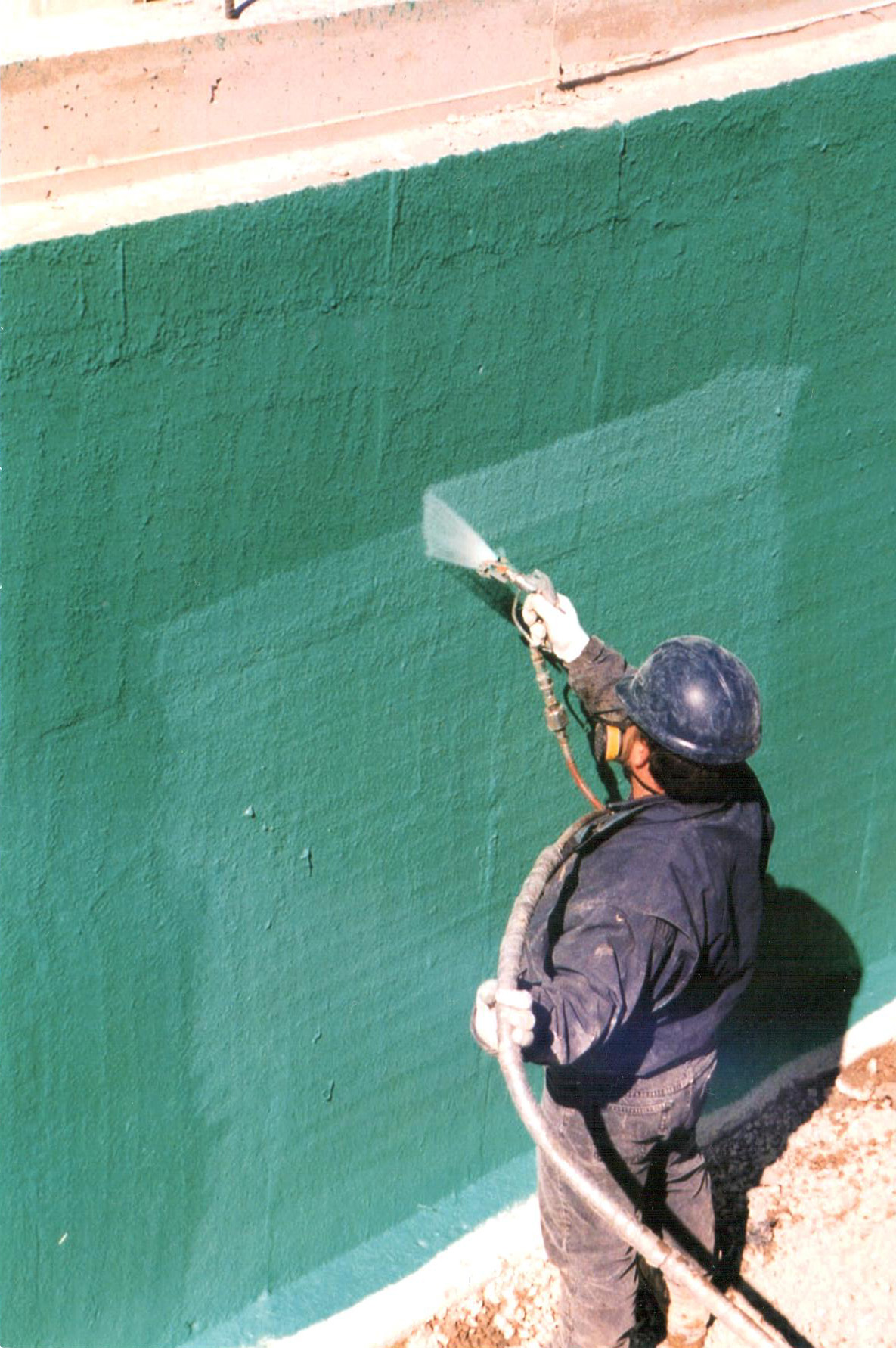Within urban areas, in which area is at a high demand and the weather can be relentless, effective waterproofing approaches are crucial for preserving the stability of houses. Water leakage not only compromises the physical soundness of properties but also leads to a host of expensive issues, ranging from fungal growth to foundation damage. As a homeowner, grasping the significance of comprehensive waterproofing tactics can save you countless dollars in restoration costs and ensure your home space remains protected and pleasant.
This article discusses creative waterproofing techniques catered for city homes, exploring into the fundamentals of why waterproofing is important and what you need to be aware of to protect your home. More helpful hints will debunk common myths, identify signs that your home might require prompt action, and guide you through both DIY fixes and expert options. Whether it's safeguarding your basement from flooding or making sure your roof is ready to handle the weather, we've got you assisted with the ultimate guide to modern waterproofing practices.
A Essentials of Moisture Protection: The Overview
Waterproofing is a critical procedure for protecting homes and structures from moisture intrusion. It involves methods and materials designed to stop water intrusion, thereby safeguarding the integrity of structures and enhancing general strength. Neglecting waterproofing can lead to severe issues like mold development, foundation damage, and costly repairs. Understanding the need of waterproofing is the first action towards maintaining a safe and healthy living environment.
The method of waterproofing varies depending on the area and requirements of a property. Key locations that frequently require focus include basements, roofs, walls, and outdoor structures. Each area has distinct requirements and issues that must be tackled to effectively prevent water from penetrating. This makes it essential to assess the individual needs of a property and implement specific waterproofing plans.
Putting money in waterproofing not only safeguard a home but also contributes to its energy efficiency. Effective waterproofing can improve thermal insulation, lower heating and cooling expenses, and encourage healthier indoor air quality by reducing humidity problems. Obviously, waterproofing is not just a safeguard—it is an essential aspect of responsible property management that can reduce expenses and enhance the quality of life for residents.
Comparative Analysis: DIY vs. Expert Moisture Protection

When evaluating waterproofing options, property owners often consider the pros of tackling the project themselves against hiring experts. Do-It-Yourself waterproofing can be attractive due to possible cost reductions and the fulfillment of finishing a project on their own. The original source in limited areas, such as restrooms or patios, using easily accessible waterproofing products. However, this approach requires a substantial investment of time and effort, along with a desire to understand the details of proper techniques to avoid common mistakes that could lead to insufficient protection.
On the flip side, professional waterproofing services bring knowledge and skill to the table. Experts are typically well-versed in multiple waterproofing techniques and products, ensuring the job is done effectively and efficiently. They can precisely assess the specific needs of your property, identify potential issues, and implement thorough solutions that DIY methods might miss. Although this choice involves higher initial costs, it may save homeowners from expensive repairs down the line due to water damage that resulted from incorrect installation.
Ultimately, the choice between DIY and professional waterproofing hinges on factors such as the difficulty of the job, the homeowner's skill level, and their budget. For minor repairs or upkeep, DIY approaches might be sufficient, but for more extensive projects or areas prone to significant water intrusion, investing in professional services could provide extra peace of mind and durable results. Choosing the appropriate approach is crucial to ensuring maximum protection against water damage for urban homes.
Long-Term Benefits of Effective Waterproofing Methods
Allocating resources in efficient moisture-proofing solutions offers countless lasting benefits for city residences and buildings. One of the primary benefits is the prevention of costly moisture damage restorations. Excess moisture can lead to structural issues, mold growth, and harm to belongings, which can accumulate over the years. By tackling moisture-proofing effectively, property owners can save a significant amount of dollars that would otherwise spent on major restoration work and renovation.
Another crucial advantage of adequate waterproofing is the increase of property value. Homes and buildings that are well-maintained and void of moisture damage are more appealing to potential buyers. A building with effective waterproofing measures in place signals to buyers that the structure has been well-treated, making it more probable to hold its worth or even appreciate over time. This is particularly important in competitive city real estate markets where initial perceptions can significantly affect property values.
Effective waterproofing approaches also play a role to enhanced energy efficiency. Water and leakage can diminish insulative properties, resulting to higher heating and cooling expenses costs. By preventing water leakage and maintaining a dry environment, waterproofing helps to optimize a structure's overall energy performance. https://yamcode.com/deciding-between-diy-and-expert-waterproofing reduces utility bills but also promotes sustainable initiatives, matching with the increasing emphasis on green building and property upkeep.
